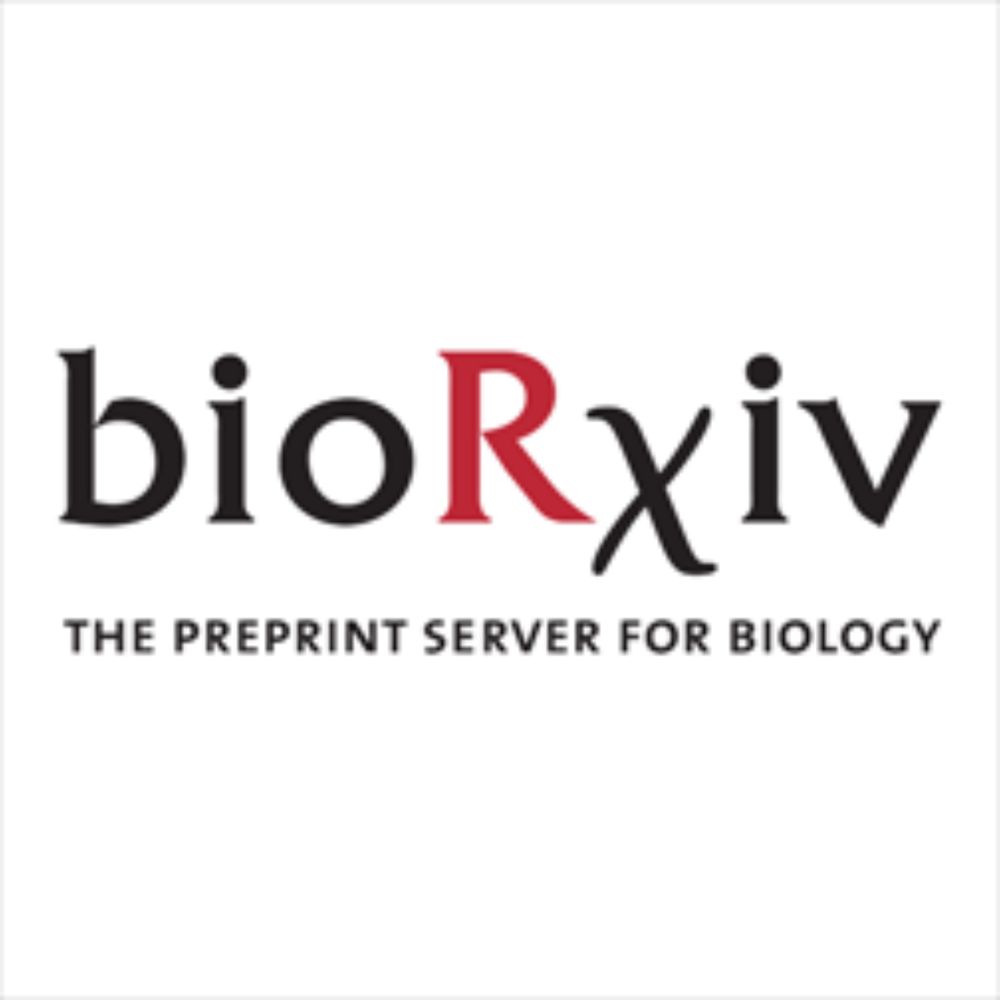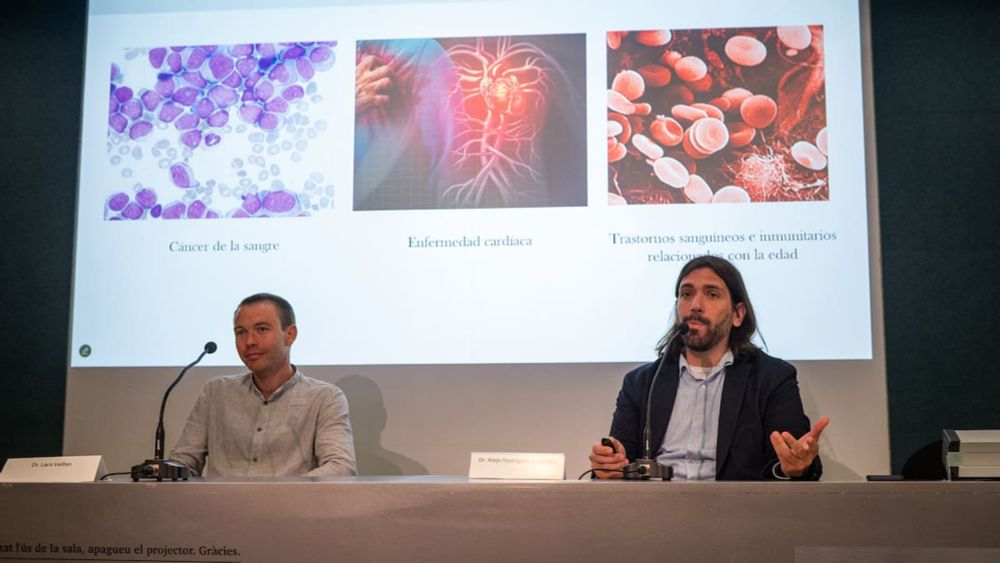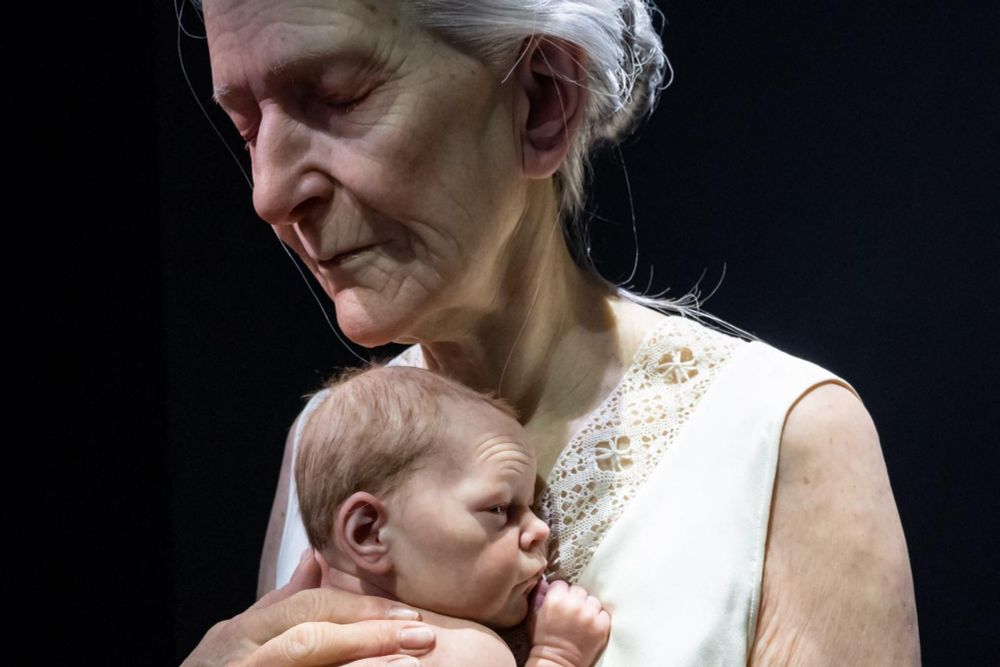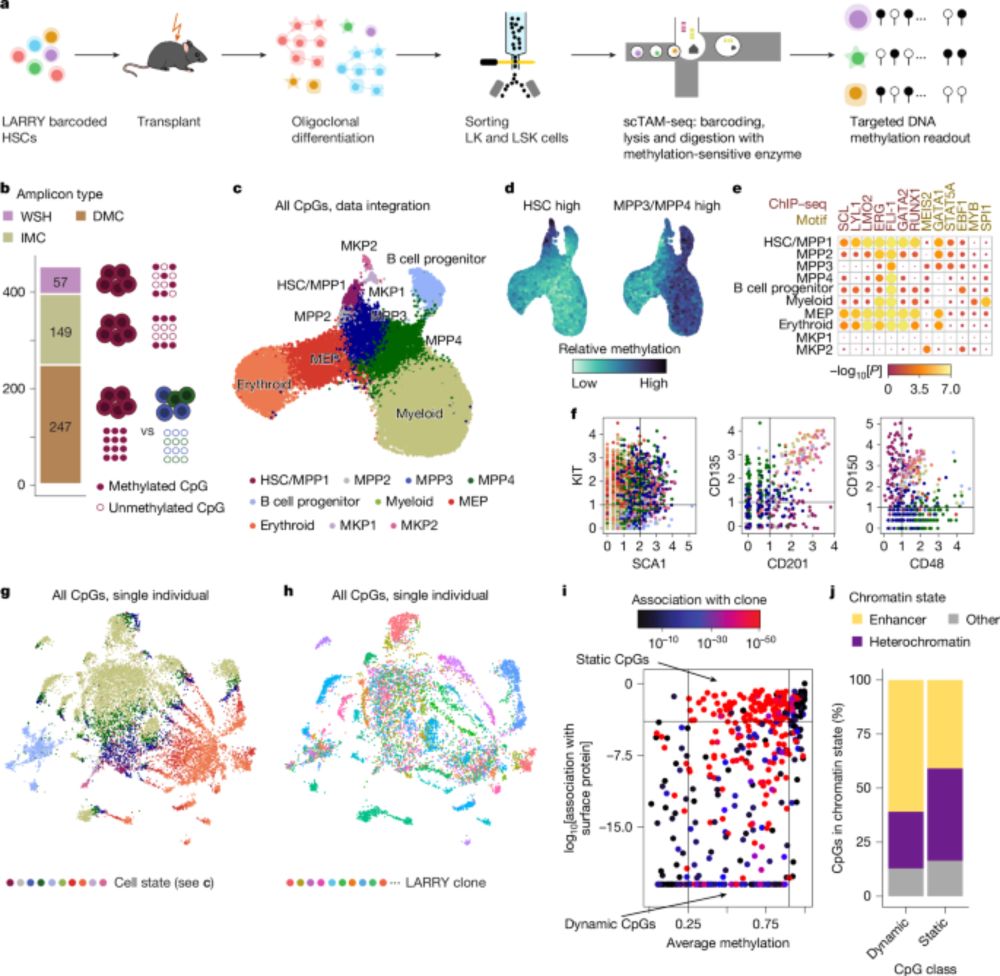
@scherermichael@genomic.social
https://orcid.org/0000-0001-7990-6179

genzplyr is dplyr, but bussin fr fr no cap.

genzplyr is dplyr, but bussin fr fr no cap.
The Int'l PhD Program at DKFZ could be a perfect fit for you.
🌍 Work in an international environment, with 500+ doctoral researchers
🔬 Do cutting-edge cancer research
Curious? Join our online info session on 20 Nov. Register here: t1p.de/ws7q3

The Int'l PhD Program at DKFZ could be a perfect fit for you.
🌍 Work in an international environment, with 500+ doctoral researchers
🔬 Do cutting-edge cancer research
Curious? Join our online info session on 20 Nov. Register here: t1p.de/ws7q3
Dr. Lars Velten from the Centre for Genomic Regulation talks about his research on #LineageTracing and #hematopoiesis: https://bit.ly/4gsvo5X
doi.org/10.1007/s004...

doi.org/10.1007/s004...
https://youtu.be/ST5YmqqMcuQ
@alejofraticelli.bsky.social
#AgingResearch
🧪

https://youtu.be/ST5YmqqMcuQ
@alejofraticelli.bsky.social
#AgingResearch
🧪
t1p.de/w3v16

t1p.de/w3v16
We present a high-throughput framework to map cellular interactions at ultra-high scale – broadly applicable from whole-organism immune response mapping to personalized therapy response prediction (1/4).
www.nature.com/articles/s41...

We present a high-throughput framework to map cellular interactions at ultra-high scale – broadly applicable from whole-organism immune response mapping to personalized therapy response prediction (1/4).
www.nature.com/articles/s41...
➡️ dkfz.de/en/news/even...

➡️ dkfz.de/en/news/even...

3,500 mutants, to single-site saturation 🧬
>45,000 binding and abundance measurements 📶
Very happy to present our latest work – where deep mutational scanning meets the world of small molecules.
www.biorxiv.org/content/10.1...
With @benlehner.bsky.social
[1/7]

3,500 mutants, to single-site saturation 🧬
>45,000 binding and abundance measurements 📶
Very happy to present our latest work – where deep mutational scanning meets the world of small molecules.
www.biorxiv.org/content/10.1...
With @benlehner.bsky.social
[1/7]
🧵 with highlights in 5 languages and funny moments 😬😅
cadenaser.com/nacional/202... (1/n)

🧵 with highlights in 5 languages and funny moments 😬😅
cadenaser.com/nacional/202... (1/n)
www.lemonde.fr/sciences/art... (6/n)

www.lemonde.fr/sciences/art... (6/n)
➡️ t1p.de/rpslw

➡️ t1p.de/rpslw
Register now: hubs.la/Q03pFXJk0
🧬 Single cell methylome encodes cell state & clonal identity
🔨 EPI-Clone reads out both (+mutations, +RNA) at scale
🩸 Clonal expansions of HSCs are universal from age 50, not driven by CH mutations
doi.org/10.1038/s415...
🧵

www.nature.com/articles/s41...

www.nature.com/articles/s41...
https://www.ft.com/content/a1f83886-fb29-4f5f-9577-bec61dfd31d2

https://www.ft.com/content/a1f83886-fb29-4f5f-9577-bec61dfd31d2
🔬 La recerca publicada en @nature.com obre la porta a noves estratègies per la detecció de la #leucèmia mieloide i les malalties #cardiovasculars i immunitàries.

🔬 La recerca publicada en @nature.com obre la porta a noves estratègies per la detecció de la #leucèmia mieloide i les malalties #cardiovasculars i immunitàries.



